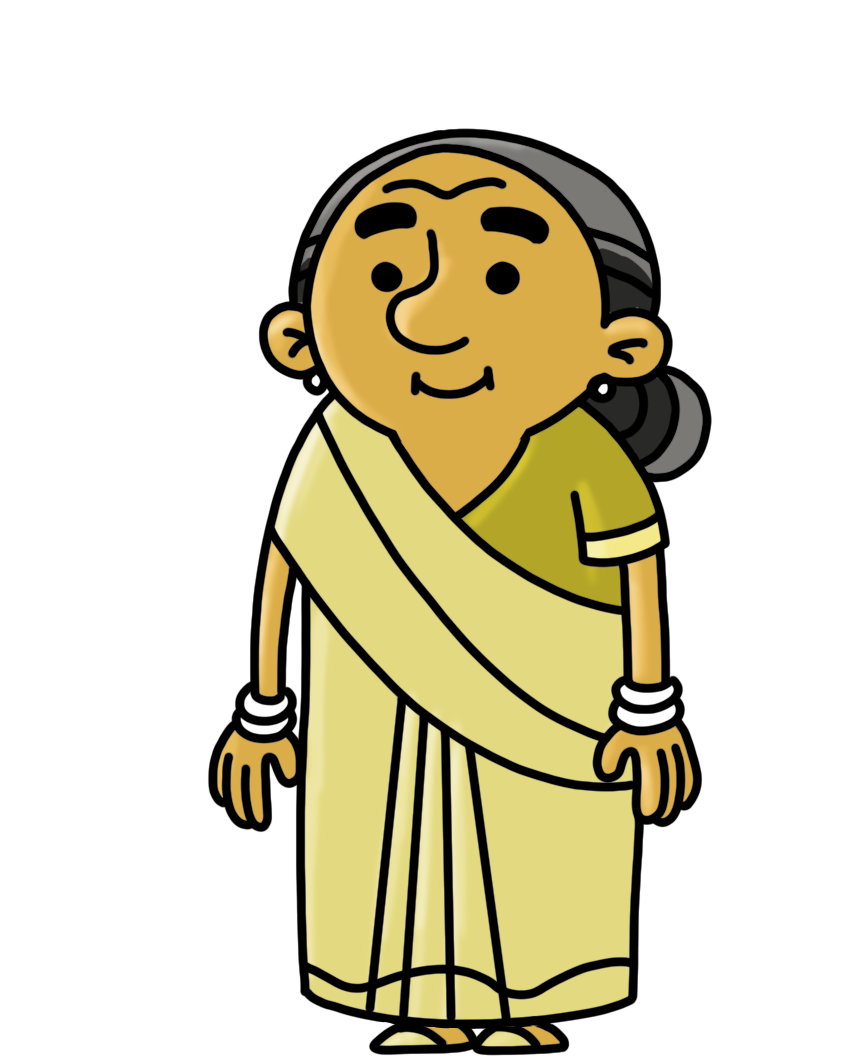[Trigger Warning: The following content contains information on domestic violence which some readers may find disturbing.]
Counseling refers to the provision of professional guidance by a counselor, who will help you and your harasser settle the matter of the domestic violence you have faced, furnish a guarantee that violence will not repeat, and come up with the best possible solution to the problem of domestic violence. The Court can pass an order to either the harasser or you to undergo counseling, either alone or together, with a service provider or a counselor appointed by the Court.
A counselor cannot be:
- Any person who is connected to the case, or any person who is related to you or your harasser unless both you and the harasser consent to this(( Section 13(2)(i)(ii) and 13(3), The Protection of Women from Domestic Violence Act, 2005.)).
- Any lawyer who has appeared for the harasser in the case.
If you are uncomfortable with the counselor for any reason, you can ask your lawyer to inform the Court who will look into the matter.
Role of the Counselor
A counselor’s role is to:
- Set up a meeting either alone with you or together with the harasser at a place convenient for you and the harasser(( Section 14, The Protection of Women from Domestic Violence Act, 2005.)).
- The Counselor has to conduct the counseling proceedings with the aim of making sure that the domestic violence does not repeat. The Counselor may take an undertaking(( Section 14,(6) The Protection of Women from Domestic Violence Act, 2005.)) from the harasser stating that he:
- Will not commit any further domestic violence.
- Will not try to meet or communicate in any manner through letter, telephone, electronic mail or through any medium except in the presence of the counselor in a manner allowed by a judge.
- If you decide that you want to settle the matter and end the case, you can tell the Counselor, who will make an effort to come up with the best possible solution for everyone involved.
In the process of counseling, the harasser is not allowed to justify any reasons for subjecting you to domestic violence. After the counseling is over, the counselor has to submit the report regarding the counseling session(s) to the Court as soon as possible so that the Court can take further action, and set a date for hearing the case, within 2 months. If a settlement is not arrived at, the Counselor has to report the reasons to the Court.
Some states provide handbooks for ASHA workers where you can find more information on forms on violence, where it can happen and how to file a complaint to seek protection against domestic violence. For example, see this handbook published for ASHA in Chattisgarh, Delhi, Jharkhand, Madhya Pradesh and Uttarakhand.


Bharat Bhushan
May 12, 2024
Mere ghar me Kutch sajis chal raha hai kab kiska Jan chala jayega ghar me kisiko please vi nahi chalega bahut bada sadyantra chal raha hai ye sab ka . mastermind hai mere maa aur elder brother complaint kaha kare samay se pahle sajis rokne ke liye.pl help me Mera no hai 8114586915
Sikha
November 8, 2024
यदि आपको किसी खतरे की आशंका है या आपको लगता है कि कोई आपको मारने की योजना बना रहा है, तो पुलिस से संपर्क करें: अपने स्थानीय पुलिस आपातकालीन नंबर पर कॉल करें या खतरों की रिपोर्ट करने के लिए तुरंत निकटतम पुलिस स्टेशन पर जाएं। उन्हें सभी आवश्यक विवरण प्रदान करें, जिसमें धमकी देने वाले व्यक्ति की पहचान, आपके पास कोई सबूत और घटित कोई विशिष्ट घटना शामिल है।
दस्तावेज़ साक्ष्य: खतरों से संबंधित किसी भी साक्ष्य को सुरक्षित रखें, जैसे कि पाठ संदेश, ईमेल, ध्वनि मेल, या संचार का कोई अन्य रूप। ये आपके मामले को मजबूत करने और आपकी सुरक्षा सुनिश्चित करने के लिए महत्वपूर्ण हो सकते हैं।
कानूनी सलाह लें: किसी वकील या कानूनी पेशेवर से परामर्श लें जो आपराधिक कानून या व्यक्तिगत सुरक्षा में विशेषज्ञ हो। वे आपके लिए उपलब्ध कानूनी विकल्पों पर आपका मार्गदर्शन कर सकते हैं, जैसे निरोधक आदेश प्राप्त करना या औपचारिक शिकायत दर्ज करना।
विश्वसनीय व्यक्तियों को सूचित करें: स्थिति को अपने परिवार के सदस्यों, करीबी दोस्तों या विश्वसनीय व्यक्तियों के साथ साझा करें जो इस दौरान सहायता प्रदान कर सकते हैं। एक सहायता नेटवर्क का होना ज़रूरी है जो स्थिति से अवगत हो और ज़रूरत पड़ने पर आपकी सहायता कर सके।